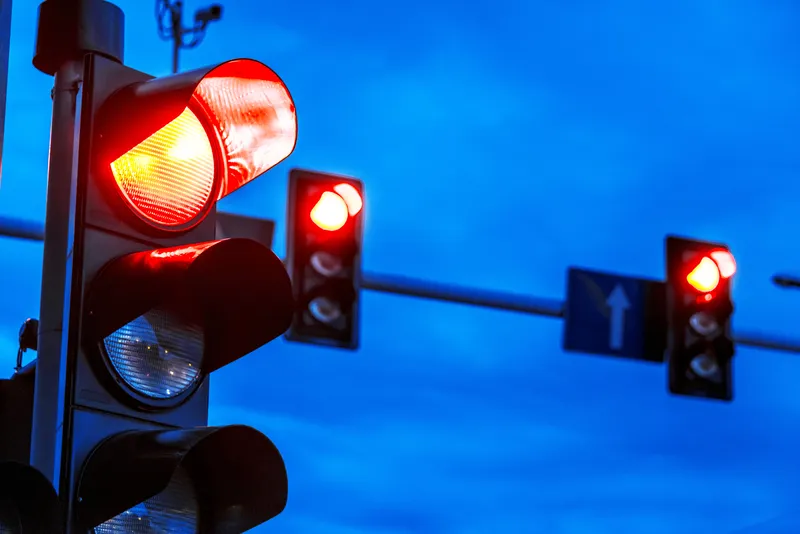DB Regio in Germany has ordered 57 three-car Mireo train sets from Siemens, the company’s new regional and commuter train platform. The trains will begin service on routes in the states of Baden-Württemberg and southern Hesse in December 2020 and on the Mannheim-Mainz route in December 2021.
The Mireo is designed as a scalable articulated train, while its new aerodynamic design and quiet bogies reduce noise. Siemens says the train's lightweight construction, energy-efficient components and intelligent bo
August 16, 2017
Read time: 1 min
DB Regio in Germany has ordered 57 three-car Mireo train sets from 189 Siemens, the company’s new regional and commuter train platform. The trains will begin service on routes in the states of Baden-Württemberg and southern Hesse in December 2020 and on the Mannheim-Mainz route in December 2021.
The Mireo is designed as a scalable articulated train, while its new aerodynamic design and quiet bogies reduce noise. Siemens says the train's lightweight construction, energy-efficient components and intelligent board network management system reduce energy consumption by 25 percent compared to previous models.
The three-car trains have 200 seats as well as multi-purpose space for wheelchairs, bicycles and strollers. The cars have entrance heights of 76 cm that enable level access at all platforms. In addition, the Mireo offers its passengers on-board WLAN, extensive passenger assistance and information systems, and state-of-the-art security monitoring systems.








